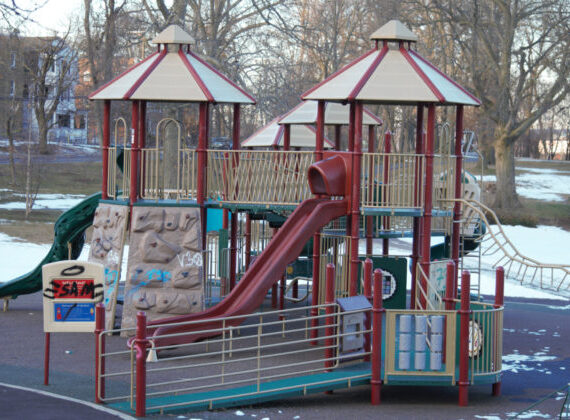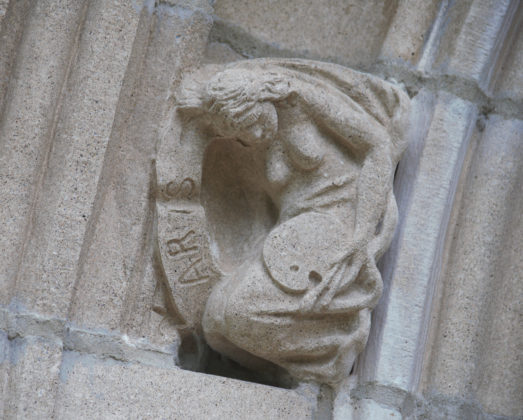
This evening hundreds of universal health care supporters turned out at Union Station to listen to details regarding the release of SustiNet. They were expecting around 500. I would guess far more than that showed up.

All seats were taken, people were standing shoulder-to-shoulder, and people even climbed up the staircases to find a place to see the speakers. There was even a video screen set up for those unlucky enough to be in the back of the diverse crowd.


The connection between a train/bus station and health care was not clear to me, so I asked Janet Davenport, the communications chief of the Universal Health Care Foundation of Connecticut to explain. Besides it being public and close to the State Capitol, it’s also symbolic of Connecticut. She said Union Station had suffered a fire years ago and needed to be rebuilt. Being resilient like that is how she sees the people of Connecticut, who are pushing for a sustainable health care system.

Rabbi Fuchs, the Emcee for the evening, argued that while some people might cite the bad economy as a reason not to implement health care reform, the economic crisis is actually a reason for why we need to adopt a new, universal health care plan now.

The rally program included a musical performance, two short videos, and remarks from various people, including Dr. Michael Deren, council chairman of the Connecticut State Medical Society, State Senator Pro Tempore Don Williams, Chris Donovan (Speaker of the House), Senator Jonathan Harris, and Juan Figueroa, president of Universal Health Care Foundation of Connecticut.

Figueroa explained in a news conference earlier this afternoon that the SustiNet plan is “action ready” but “designed to be implemented over phases” from 2009-2016. Figueroa did not have an exact figure at the time, but says that the “plan has minimal costs associated with first two years.” He seemed optimistic about how the plan would be funded, saying that he expects the federal government to contribute at least $800 million in Medicaid money. He sounded hopeful about the “new administration’s” likelihood of contributing more than that.

When asked about how this plan might affect the insurance industry, he replied that “we can’t be intimidated by the insurance companies,” and that Connecticut is not defined solely by the insurance industry any longer; in other words, the worry that Connecticut’s economy would collapse if the insurance companies were affected is a non-issue.
At the rally, a letter of support issued from Senator Dodd today was read. In it, he wrote that it is “a very thoughtful proposal” and that the organization has “mobilized leaders and residents of our 169 cities and towns, involved people from every segment of societym and built broad, bipartisan support for reform.” He closed his letter with these words:
I am working hard with my colleagues and President-Elect Obama to help enact comprehensive national health care reform. I look forward to working with the Universal Health Care Foundation of Connecticut toward accomplishing this goal. The cost of inaction is simply too high.”

